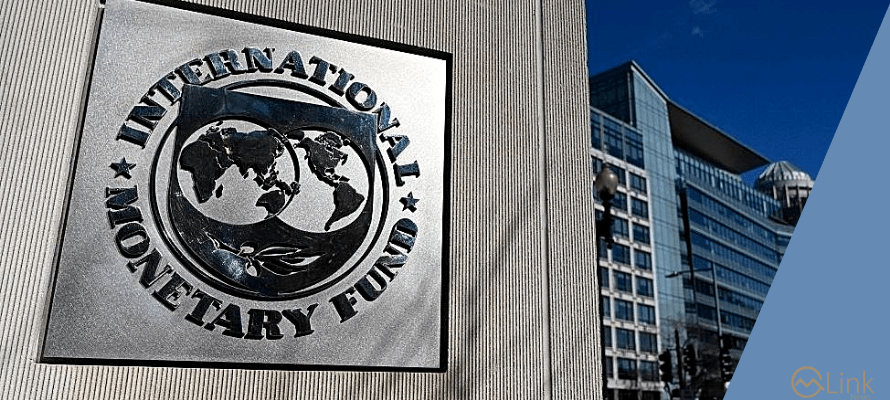November 26, 2018 (MLN): With PTI government’s 100 days agenda nearing its end, the Pakistan Business Council (PBC) believes that the government has got off to a good start, given the challenges it inherited in the economy. However, it still needs to build momentum and communicate more effectively to take the public into confidence
Fiscal Reforms
On fiscal reforms, the government has moved in line with the PBC’s recommendation to separate policy making from tax administration and to make tax audits independent of the FBR. Whilst these moves will take time, once implemented, the reforms will rid the country of knee-jerk changes to meet revenue shortfalls, infuse investor confidence by providing long term policies and minimize harassment of tax payers.
The government intends to address the talent and technology gaps of the FBR which should help broaden the tax base. Whilst waiting for this to happen, the PBC notes with alarm the thousands of notices sent to tax payers, albeit late filers of returns.
The FBR’s time and effort would be better spent chasing non-filers. Also the Large Taxpayers Unit (LTU) of the FBR has renewed its pursuit of already large tax payers for more taxes than are due. If this continues unchecked, the government’s credibility to create an equitable and broad-based taxation system would be impacted negatively.
Corporate governance
New SECP commissioners have been announced and a policy board formed to create a supportive rather than a controlling corporate framework.
Business Consultation
A Council of Business Leaders has been formed and the government is actively engaged in consulting business on key policies. A new industrial policy to promote domestic manufacturing is on the anvil. It will be supported by cascading tariffs that would encourage value-addition to raw materials and intermediate items not available in the country.
The Free Trade Agreement with China is being renegotiated and the government has secured agreement on the exchange of import/export data to quell rampant under-invoicing.
Energy
The government has moved towards realistic pricing of energy, without burdening those at the bottom of the pyramid and the five priority export sectors with additional cost.
IMF
Now that the decision has been made to approach the IMF, PBC hopes that the reform programme will be implemented with rigour and discipline (and without waivers), to address the fundamental flaws undermining industry. At the appropriate time, the government should also share a “Plan B,” covering the possibility of failure of talks with the IMF.
Central Bank
To its credit, the government has not interfered with the State Bank’s prerogative to manage the exchange rate or determine the policy rate. This augurs well for governance of the economy. Private sector borrowing has increased despite higher cost but greater focus is required on measures to promote lending to the SMEs.
National Standards
At the government’s initiative, the Council of Common Interests has agreed to a single national food standard. This will promote scale by allowing businesses located in one province to address demand nationally and, in time, globally.
Agriculture
Policies must encourage growth of cotton required by textiles industry, edible-oilseeds (for oil and animal feed) and lentils, on which billions of dollars are spent in importing.
Housing
The government has moved on its promise of five million houses over five years. Besides mortgage funding, it also needs to address the policy framework to encourage industries that provide construction materials such as steel. Otherwise it will result in higher imports.
State Owned Enterprises
A sovereign fund is to be formed to hold and restructure State Owned Enterprises. Whilst the PBC welcomes the transfer of SOEs from the control of line ministries and the intent to restructure, it believes that a more aggressive privatization objective than the one currently contemplated by the government, would be appropriate.
Ease of Doing Business
Whilst this government cannot take credit for the improvement in Pakistan’s Ease of Doing Business ranking, it can build momentum by reducing the interface of business with the government, digitizing, unifying and simplifying processes to as near a “one-window” system as is possible, given the fragmentation of authority between the federation and the provinces. Businesses, especially the SMEs need less government.
The Board of Investment
The Board of Investment (BOI) under new leadership has embarked on a review of how to promote investment in the country. The FDI policy should also encourage export generation, infusion of technology and investment in capital and risk intensive sectors such as oil and gas exploration. Hitherto, much of the FDI has come in short pay-back consumer sectors that leverage Pakistan’s demographic potential and result in net outflow of funds.
Conclusion
In conclusion, the government has made a good start and should cease every opportunity to seek a national consensus on reforms. The PBC also believes there are sufficient grounds for business to have confidence in the potential of the economy. Exports have begun to respond to a more competitive exchange rate and imports will decline with lower crude oil cost. Business should play a visible role to gear up investment, create the capacity and capability to export by broad-basing its offerings, diversify markets and add sophistication to products. It also needs to help reduce reliance on imports and generate more livelihoods.
Copyright Mettis Link News
24431







